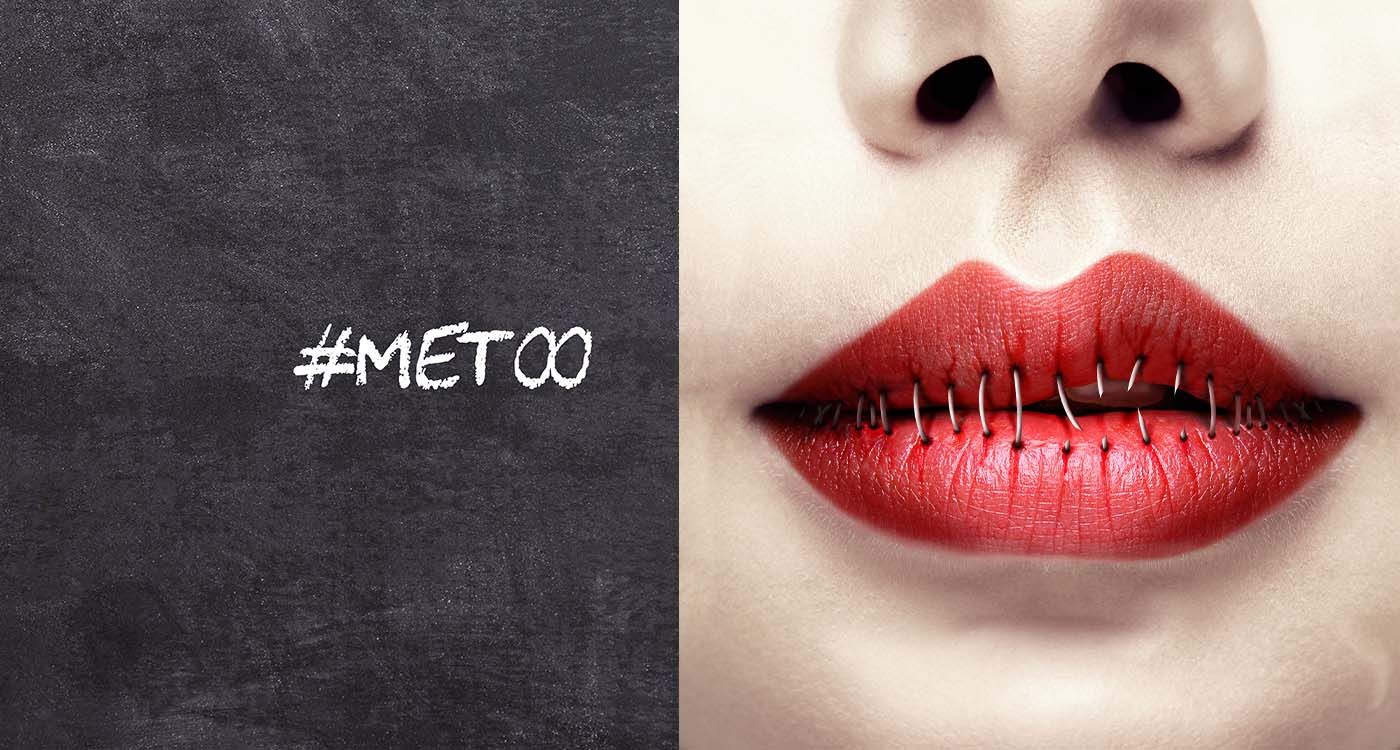
Since #MeToo, justice has taken center stage. Some trials draw widespread attention, while others are quietly resolved out of the public eye. Not all accused celebrities share the same fate. Beneath the surface, persistent disparities within the justice system raise pressing questions. This second part of our analysis explores these gray areas and the mechanisms that shape the course of people’s lives.
When #MeToo erupted, it broke years of silence. Suddenly, abuse, toxic behavior, and hidden crimes were exposed. But after the media frenzy died down, a new question emerged: does the justice system really treat everyone equally? Behind high-profile trials and secret settlements, #MeToo revealed a troubling reality. Equality before the law is not always guaranteed, even when the facts are publicly exposed.
At first, many believed #MeToo would encourage victims to speak out and guarantee justice for all. People thought victims would finally be heard and perpetrators judged fairly. However, the reality is more complicated. Some cases become high-profile trials, with famous lawyers and verdicts dissected in the media. Other cases are quietly settled behind closed doors through private negotiations. This is often true in the entertainment world, where a star’s image can matter as much as their career.
High-profile trials do not erase secret settlements. The shock of the Harvey Weinstein trial is still remembered as a powerful symbol. Dozens of women testified, and the verdict marked a milestone. But most cases do not follow that path. Many cases, in France or elsewhere, end without a public trial. Lawyers negotiate, insurance companies intervene; sometimes there is a payment, sometimes just a simple letter of apology. In some cases, victims are required to remain silent in exchange for compensation. The public may never know what really happened, and the celebrity’s name remains officially untarnished.
Access to justice remains difficult. It takes money and resilience to withstand media and professional pressure. Legal proceedings are long, costly, and often exhausting for victims, who risk being doubted or humiliated. On the other side, celebrities can rely on top lawyers, influential friends, and networks capable of minimizing or resolving the situation. This imbalance creates a sense of injustice that goes far beyond individual cases.
Public Trials or Secret Settlements?
Some scandals clearly highlight the difference between formal justice and behind-the-scenes negotiations. This is evident in film, music, sports, and the media. Celebrities can suppress a case or wait for public interest to fade. Ordinary people, however, must face public exposure without protection. In rare instances, a trial delivers justice and makes history, but most cases vanish into paperwork or quietly fade away.
The media play a dual role. By widely reporting on accusations, they sometimes create a public tribunal even before the justice system intervenes. This pressure can lead to contract terminations or smear campaigns against either the accused or the victim. Yet without the media, many cases would never have come to light. In this climate, securing a fair trial becomes very difficult, as public opinion influences every stage of the process.
The law struggles to keep pace. Statutes of limitations and the difficulty of proving old offenses complicate the path for victims. Some countries, like France, have reformed their laws and extended the statute of limitations for sexual crimes, but a significant gap remains between rhetoric and reality. Many victims still fear being silenced or overwhelmed by the justice system.
For the accused, two-tiered justice takes different forms. Fame can be a shield or a magnet for trouble. A well-known name draws attention, but it also allows for secret negotiations and sometimes public sympathy. A comeback becomes possible, especially if a trial does not take place or if a settlement casts doubt on the victim. This system, where everything is handled behind closed doors, fuels suspicion and mistrust of the justice system.
Social media further complicates matters. An accusation can destroy a career in hours, long before a verdict is reached. Conversely, a forgotten case can resurface years later, reopening old wounds and reigniting debates over statutes of limitations, forgiveness, and collective memory. The justice system, already slow and imperfect, is caught between the speed of public reaction and the sluggish pace of legal procedures.
To be continued
This article is part of a series examining the effects of #MeToo on culture. The next installment will explore the role of social media in exposing misconduct and enforcing social exclusion.


Comments